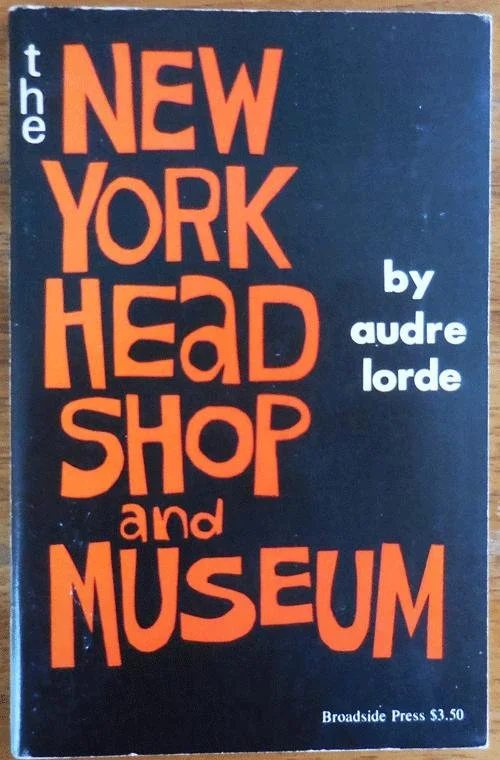Gotham
How Greenwich Village Became America’s Bohemia
By Hugh Ryan
These women’s prisons believed there were only three legitimate jobs a woman could have: wife, maid, or nursemaid. For any of those jobs, a woman needed to be properly feminine (in the eyes of white Victorians). Any woman deemed not feminine enough (too masculine, too sexual, too willful, too Black, etc.) would inevitably end up unmarried and out of work, at which point she would become a prostitute. For this reason, reformers spent the late 1800s and the early 1900s developing a system of “women’s justice” that targeted women at younger ages and for smaller offenses, in order to get them into prisons where they would be forcibly feminized. As the annual report of the first women’s prison in America put it in 1875, their job was “to take these [women] and so remold, reconstruct and train them, as to be fitted to occupy the position assigned them by God, viz., wives, mothers, and educators of children” — a sentiment not far off from that expressed in a report on prostitution and the Women’s Court put together for Mayor LaGuardia in 1934, which stated that the best way to reform arrested women was “wholesome marriage and the responsibility for children.”
Read MoreThe Power Keys
Exhibition Review, “Robert Caro’s the Power Broker at 50” and “‘Turn Every Page’: Inside the Robert A. Caro Archive,” New-York Historical Society.



